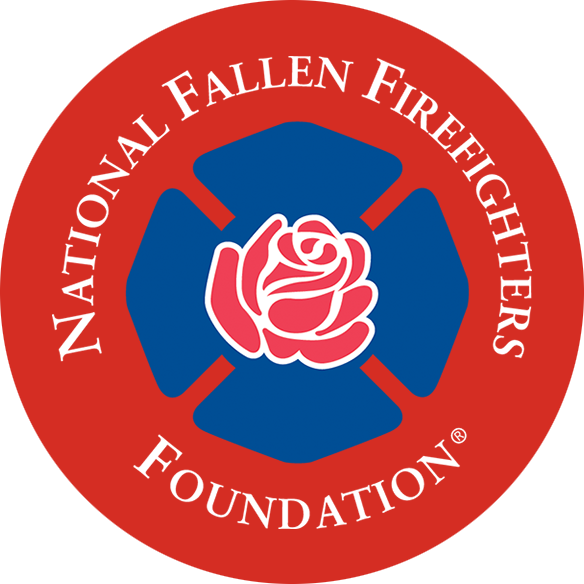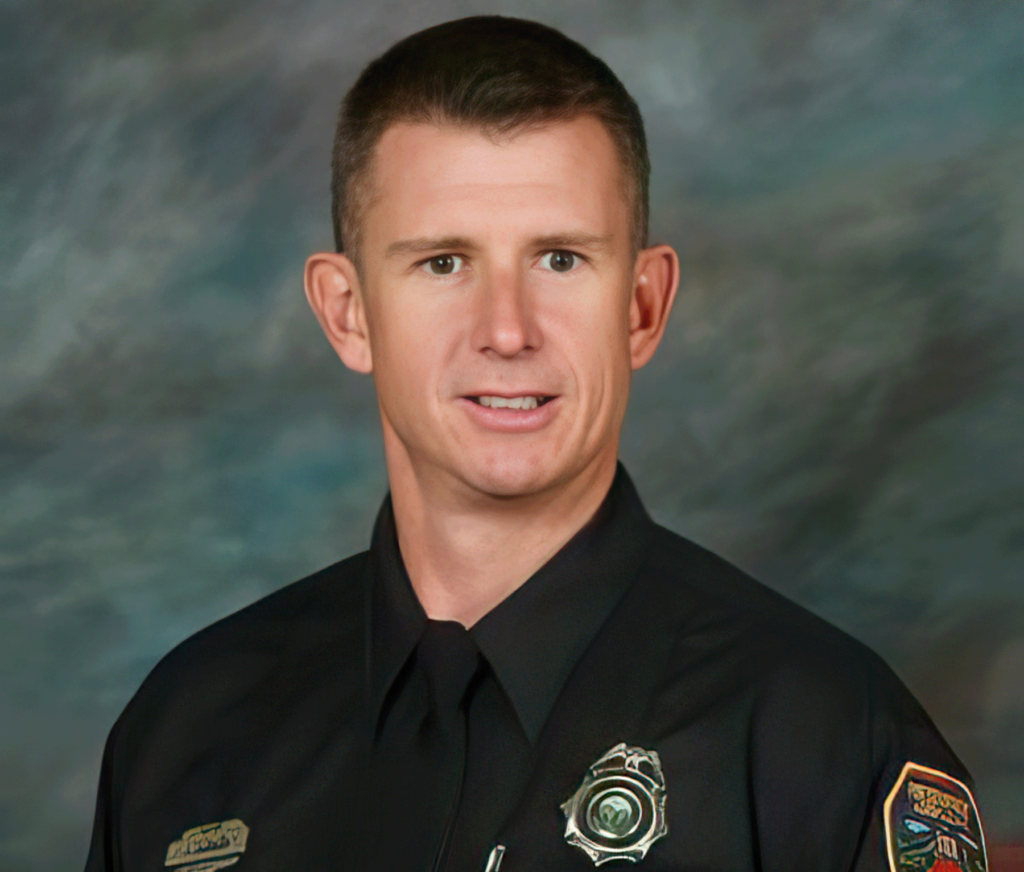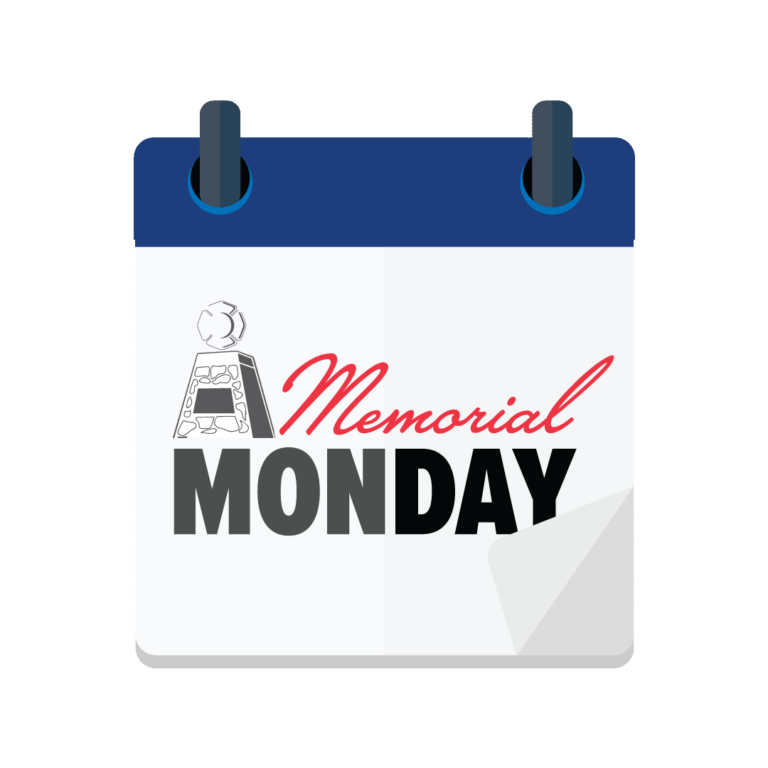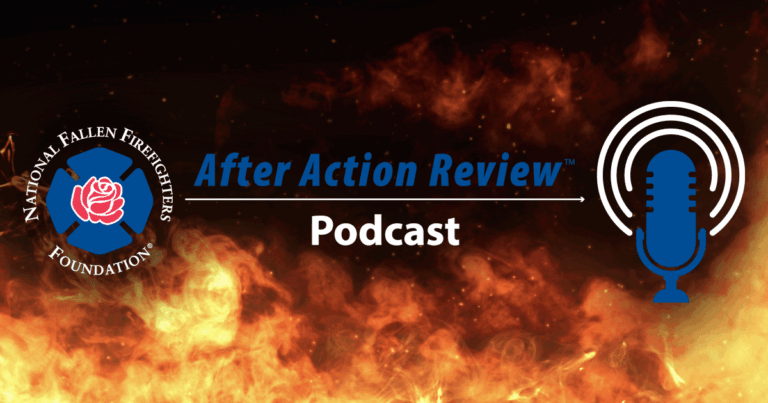In 2011, the Asheville (NC) Fire Department (AFD) responded to an automatic fire alarm in a high-rise medical office building. What initially seemed like a routine call quickly led to the tragic death of Captain Jeffrey Bowen and the injuries of nine other department members. Soon thereafter, then-Chief Scott Burnette initiated an assessment of the AFD to create a blueprint the department could use to improve its operations.
The AFD also felt a need to share its lessons learned with other fire departments to help the greater firefighting community and to honor Captain Bowen. AFD partnered with the National Fallen Firefighters Foundation (NFFF) to become the first structural fire department in the US to share their experiences via a unique learning model called the “staff ride.”
Thus, on August 25-26, firefighters from across the country traveled to Asheville, North Carolina to participate in the Captain Jeffrey Bowen Structural Fire Staff Ride. A grant from the US Department of Homeland Security, Federal Emergency Management Agency’s Assistance to Firefighters Grant Program funded the staff ride. The program was developed under the guidance of OMNA International, leaders in staff rides in the military, and wildland fire service leadership training.
- The staff ride included a site visit to the medical office building to discuss command, fire attack, maydays, fire operations, water supply, and a post-incident analysis.
- Each unit of the staff ride was led by someone who was at the fire, including Lt. Jay Bettencourt, who called the mayday and was rescued with Captain Bowen.
- In an especially meaningful presentation, Laurel Bowen (Captain Bowen’s mother) shared her memories of her son with participants.
The final activity for the staff ride was an “integration dinner,” where participants shared their thoughts on the day and the lessons they would carry forward.
The AFD’s commitment to remembering Captain Bowen’s sacrifice serves as a reminder of the risks firefighters undertake to protect their communities—and a catalyst for fire departments to assess their vulnerabilities. The NFFF thanks retired AFD Chief Scott Burnette, Interim Fire Chief Chris Budzinski, Battalion Chief Jeremy Knighton, and the members of the AFD for honoring Captain Bowen by sharing their stories to prevent future tragedies.
Remembering
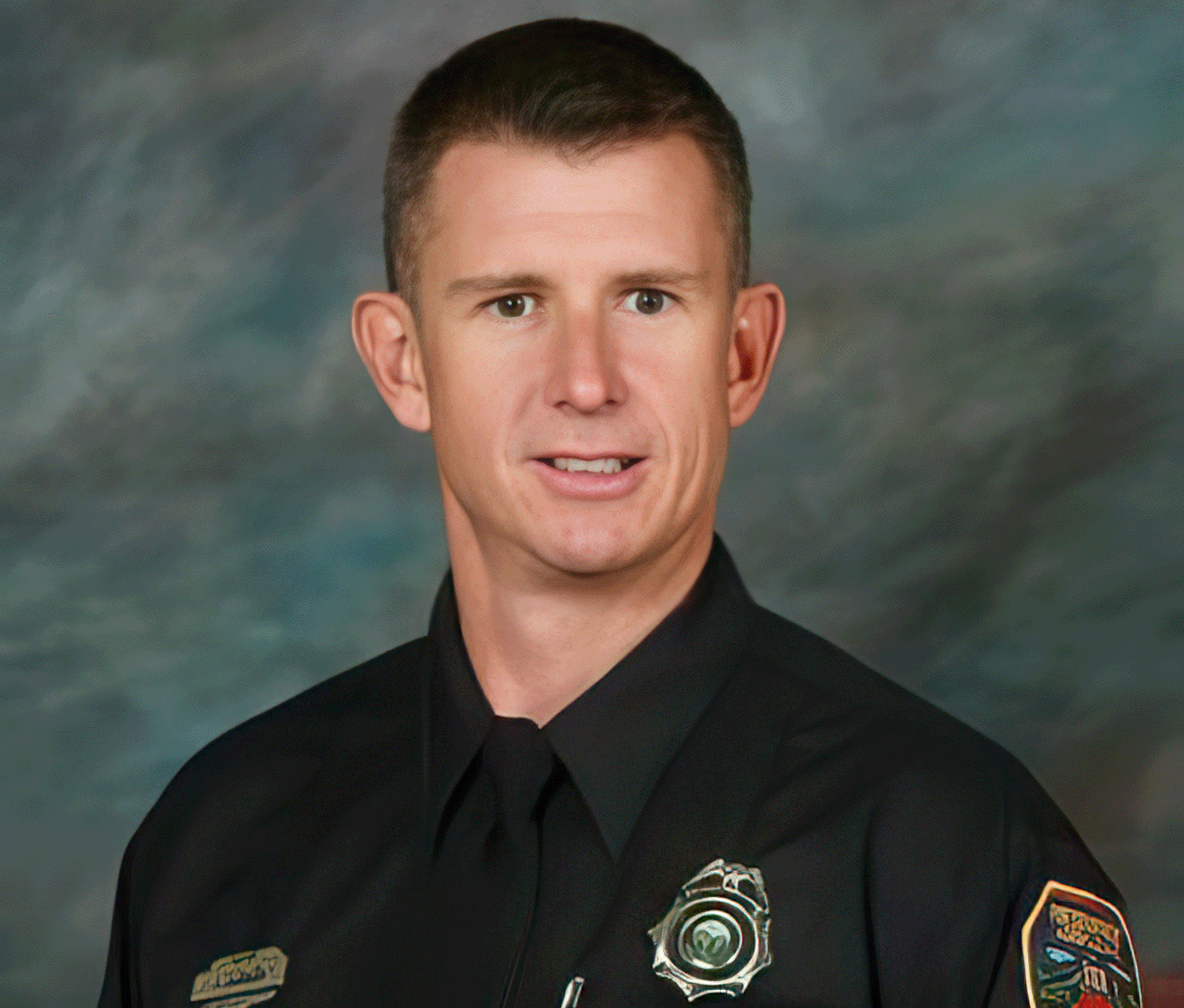
My View of the Staff Ride
District Chief Trey Nelms, Memphis Fire Department
The staff ride put you in the trenches and examined the before, during, and aftermath of the incident. You walked the hallways and stairs where lines were stretched, decisions were made, and a firefighter’s life was lost. You heard personal accounts from Capt. Bowen’s mother, the fire chief at the time, first arriving responders and others on the scene that day, and other current AFD staff. The presenters held nothing back as their pain, pride, and professionalism were present. They shared their experiences from the Biltmore Avenue fire and the resilience it has taken to honor the sacrifice and improve the organization. AFD’s openness made this an unforgettable experience for those passionate about the profession and responsible for the safety of our most valuable resource – our firefighters. It honored the service and loss of Captain Bowen, educated attendees on the many things a LODD encompasses, and gave everyone there the information they need to share, educate, and prevent a similar occurrence in their organization.
My View of the Staff Ride
District Chief Moses Jefferies, Memphis Fire Department
Being able to review the Line of Duty Death of Captain Jeff Bowen was both sobering and powerfully motivational. Having attended historically based staff rides, I had an idea of how this would go. What I didn’t realize, however, was how deeply the event would touch me. The challenge for firefighters to not be critical of incidents in other organizations is difficult to overcome, especially in cases that result in firefighter death. Being asked by Chief Scott Burnette to remove our bias at the onset of the meeting set the stage as he explained that we would go beyond the NIOSH report.
Hearing first-hand accounts from Chief Burnette and other members who were on-scene that day gave a tremendous amount of perspective into the challenges they faced, the determination of their personnel, and the resilience born out of tragedy. At this point, I realized exactly why Chief Burnette asked us all to do our best to remove any bias we may have formed while preparing to attend the event. What was most sobering were the similarities between the firefighters in his organization and those in my own—also, knowing that given the same set of circumstances, my department members would likely make the same decisions. Not because they weren’t trained but because they were and determined to do their jobs to the best of their ability.
The authenticity of the members who shared their stories from that day, as well as the character details of Captain Bowen, were truly touching and, again, motivating. Knowing some buildings offer the same operational challenges in my department has lit a spark of refreshed awareness of my personal and professional responsibility to those I lead and influence within my organization.
When reading NIOSH reports, we often forget about the personal nature of those who were lost. It was profoundly moving to hear from the mother of Captain Bowen about the man, son, and father that he was, and I am grateful to learn more about “who” Jeff Bowen was. Unfortunately, the fire service lost someone as loved and respected as Captain Bowen. However, the courage and resilience of the Asheville Fire Department to turn this tragedy into a vehicle for change and growth is truly commendable.
